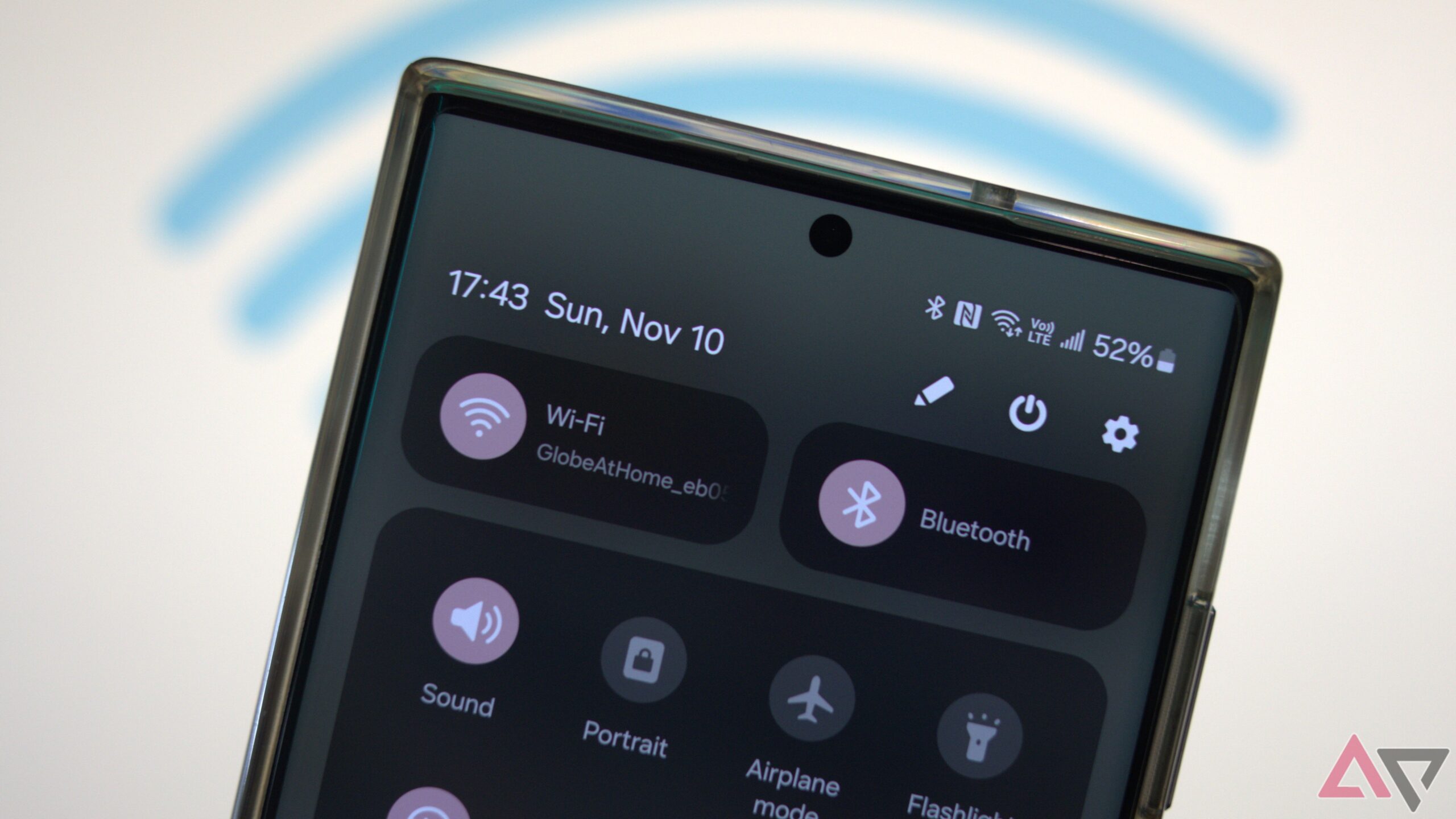Key Takeaways
- Google is apparently working on shifting Wi-Fi login pages from WebView to Android Custom Tabs, making the process of signing in to public Wi-Fi smoother and quicker.
- WebView doesn’t sync with Chrome’s autofill, so logging in can be tedious. Custom Tabs will allow the use of saved data like passwords, speeding things up.
- Google has already added the necessary code for this change in the Captive Portal Login app, but it’s not live yet.
These days, we’re constantly connecting to Wi-Fi networks, whether we’re at a coffee shop, airport, in a car, or even at the mall. While public Wi-Fi is everywhere, getting logged in can be a hassle. Many networks use captive portals—a page that pops up and asks for login info or personal details—which can be a pain to fill out manually. That’s because these pages usually load through the Android System WebView app, which doesn’t support autofill. But Google is working on a way to make logging in easier and way less of a hassle.
Related
How to protect your data on a public Wi-Fi network
Follow these tips to safeguard your privacy
Mishaal Rahman over at Android Authority reports that Google’s planning to change how Android handles those pesky Wi-Fi login pages. Instead of loading them through WebView, they’ll soon open in Android Custom Tabs. WebView is handy for showing web content within apps, but it doesn’t sync with Google Chrome’s autofill or login data. So, if a Wi-Fi page wants your social media or personal details, you’re stuck entering it all manually. This shift could finally make logging in to public Wi-Fi way less annoying.
A few months back, some patches labeled captive_portal_cct were merged to bring Custom Tabs support to the Captive Portal Login app—the system app that handles those Wi-Fi login pages, as per Rahman. These updates lay the groundwork for opening captive portals in an Android Custom Tab, and they also include the androidx.browser library needed to make Custom Tabs work.
Custom Tabs will make public Wi-Fi logins quicker
Custom Tabs are basically like using your default web browser, but within an app. They seamlessly integrate with your saved browsing data—like passwords and addresses. This means captive portals can tap into that autofill data, making the login process for public Wi-Fi networks way faster.
Google’s Project Mainline, which delivers system updates through Play System Updates, is behind this big change, Rahman notes. The latest version of the Captive Portal Login app already has the code for this feature, though it’s not active yet. There’s no exact timeline for when it’ll go live, but it’s expected to be activated soon.
